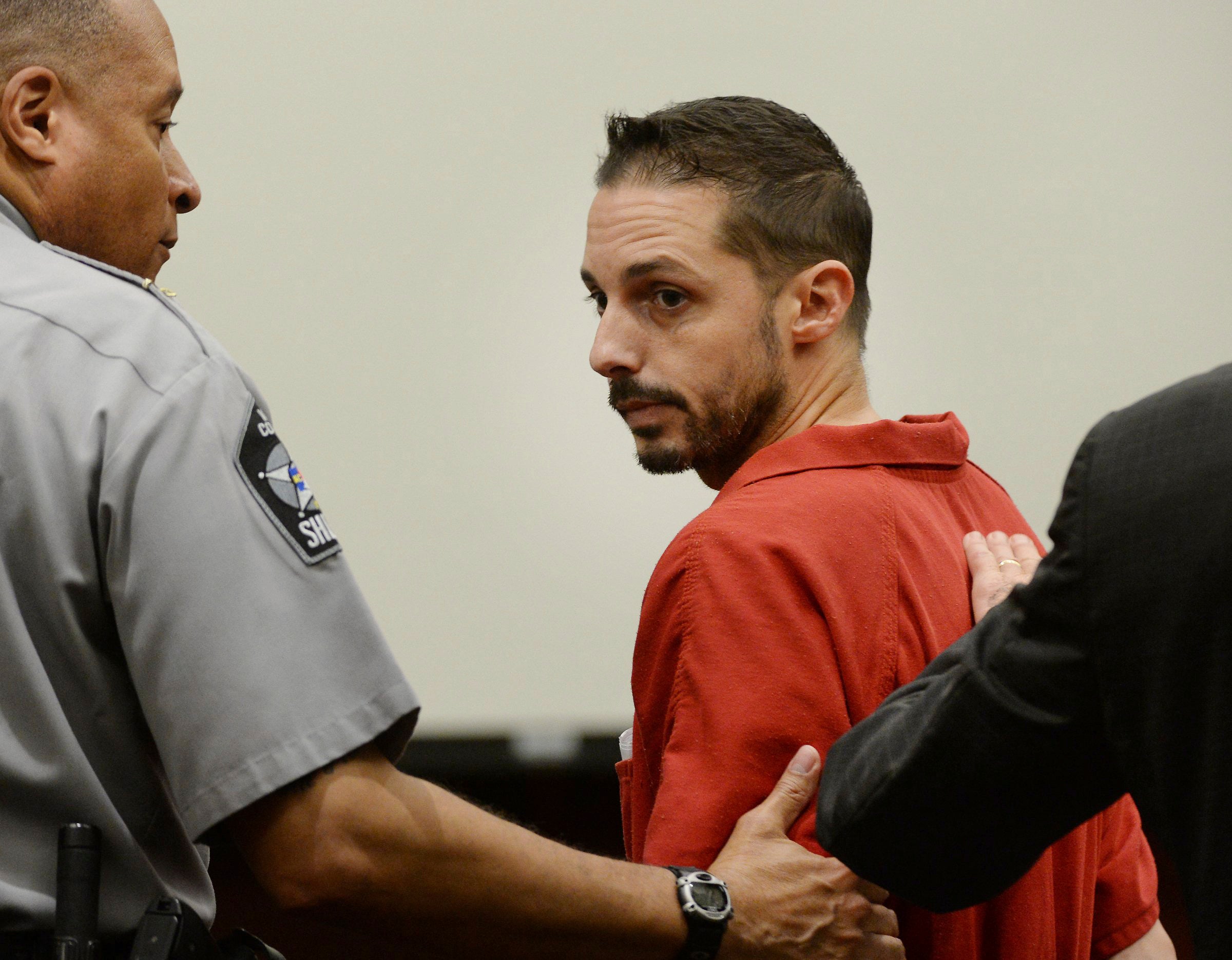Appeals court upholds conviction in Black partygoer's death
A North Carolina appeals court has left intact the murder conviction of a white man who fired a shotgun at an unarmed Black partygoer after reporting “hoodlums” in the neighborhood

Your support helps us to tell the story
From reproductive rights to climate change to Big Tech, The Independent is on the ground when the story is developing. Whether it's investigating the financials of Elon Musk's pro-Trump PAC or producing our latest documentary, 'The A Word', which shines a light on the American women fighting for reproductive rights, we know how important it is to parse out the facts from the messaging.
At such a critical moment in US history, we need reporters on the ground. Your donation allows us to keep sending journalists to speak to both sides of the story.
The Independent is trusted by Americans across the entire political spectrum. And unlike many other quality news outlets, we choose not to lock Americans out of our reporting and analysis with paywalls. We believe quality journalism should be available to everyone, paid for by those who can afford it.
Your support makes all the difference.A North Carolina appeals court upheld the murder conviction Tuesday of a white man who fired a shotgun at an unarmed Black partygoer after reporting “hoodlums” in the neighborhood.
A majority on a state Court of Appeals panel left intact the first-degree murder conviction of 43-year-old Chad Cameron Copley, who was sentenced to life in prison without parole.
Copley killed 20-year-old Kourey Thomas in August 2016 as Thomas left a late-night gathering near the curb in front of Copley's house in Raleigh, according to authorities.
Copley, who claimed self-defense, had complained about the noise and called 911, telling the operator he was “locked and loaded.” Members of the group, who were leaving a nearby party and met outside to decide what to do next, yelled back at him. Copley later fired his weapon through his garage window, according to evidence.
Tuesday's ruling came nearly a year after the state Supreme Court overturned a 2019 ruling by the same three-judge Court of Appeals panel that had ordered a new trial for Thomas.
A majority on the panel ruled then that the trial judge erred by failing to tell jurors to disregard parts of the prosecutor's closing argument that referred to the race of the defendant and the victim. But the Supreme Court decided last April that Copley wasn't placed at a disadvantage given the context of the comments and the otherwise “extensive evidence of (the) defendant’s guilt.”
The Court of Appeals was told to review the case again for other potential errors. Judges John Arrowood and Donna Stroud agreed on Tuesday that Copley otherwise received a fair trial and that his conviction should stand. In a dissent, Judge John Tyson said the trial judge shouldn't have provided jury instructions to support a first-degree conviction on the basis that Copley “laid in wait” to fire his weapon at Thomas.
Copley had testified that he feared for his family’s safety after seeing men display guns while leaving the party. Witnesses testified at Copley’s trial that Thomas was unarmed, and prosecutors told jurors that no gun was found where Thomas fell to the ground.
Tyson said the instructions failed to tell jurors that they needed to disprove Copley's self-defense claims beyond a reasonable doubt before considering the “lying in wait" claims.
“The trial court’s failures denied (Copley) of the most fundamental rights to protect and defend himself, his family, and their home,” Tyson wrote. But Arrowood, writing for the majority, said the instruction was justified.
“The state’s evidence shows (Copley) concealed himself in his darkened garage with a shotgun, equipped with a suppression device,” Arrowood wrote. “The shot bewildered bystanders because it was unclear what happened, and (the) defendant had not warned the crowd before firing his weapon.”
Tuesday's ruling by the state's second-highest court means the case would return again to the state Supreme Court for review if an appeal is sought.